You Can’t Reach A Goal If You Don’t Set It
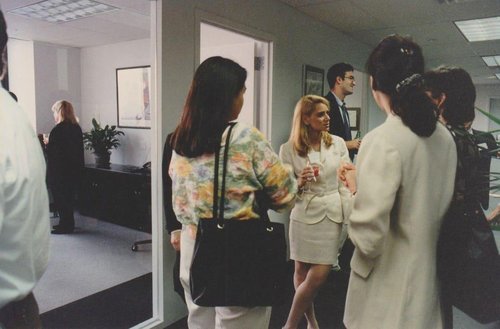
What holds superstars back? What prevents you from meeting your full potential? Goal setting is where most people get stuck, and there are two reasons for this. Goals must have a direction and a deadline to be effective.
The Nine Money Languages
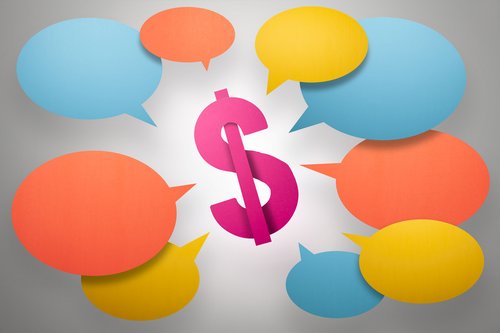
You’ve heard of love languages, but what’s your money language? Learn about your money language and how you interact with money.
Who is the most important person in your company?
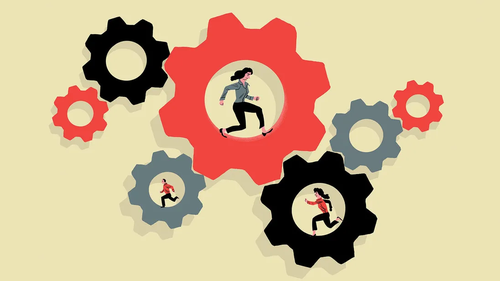
Just thinking about this question can be a useful exercise
What Canadians don’t understand about our economic situation – which is a lot – can hurt us
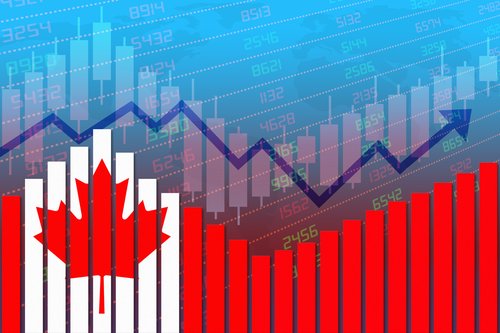
A recent poll of nearly 2,500 Canadians by Abacus Data reveals that our national economic perceptions are clouded by a fog of ignorance, misconception and hyperbole.
Why 7 per cent mortgage rates would be unsustainable
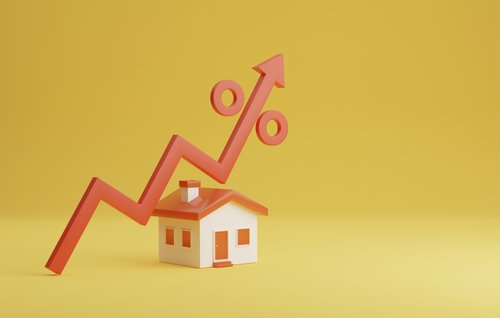
If you’re renewing your mortgage or riding a floating rate, you’re probably feeling a sharp pain in your pocketbook region.
9 Reasons to Say No to Credit
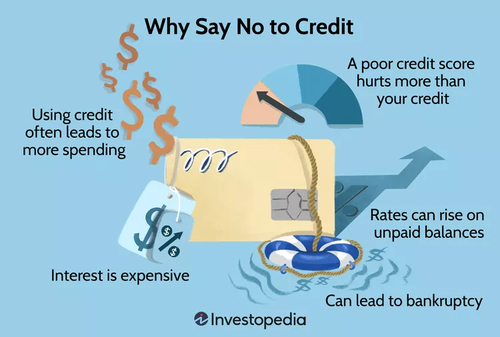
How to talk yourself out of using credit when you can (or can’t) afford to pay cash
‘Mindless Scrolling Has Become an Epidemic:’ Here Are 11 Ways to Cut Back Your Screentime That Actually Work.

The epidemic of mindless scrolling has become a part of our everyday lives. Thankfully, there are methods for reducing this bad habit.
The Debt Pay Off Strategy You’ve Likely Never Heard Of.
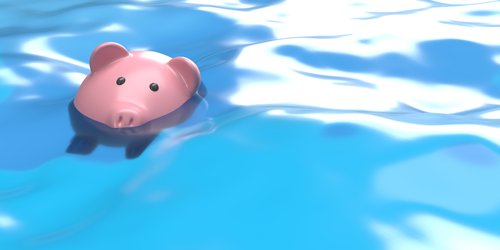
The idea of debt for some, feels like a burden and a weight that can make it prohibitive in the process of achieving wealth.
When should I start CPP and what’s the best way to draw down my retirement investments?

One of the key challenges people face in retirement is how to determine the right amount of money to take out of their investment accounts each year.
5 things I do every fall to keep building wealth for the rest of the year
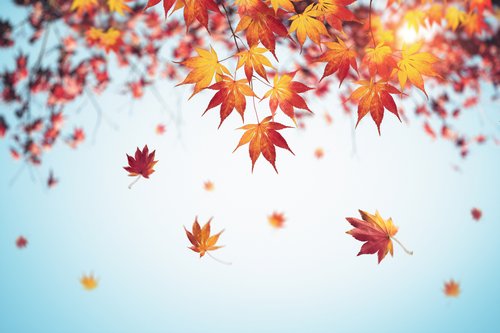
We are rapidly headed towards the fall/winter season. This is the time of year to take stock of your finances, reassess financial goals, and see what damage (if any) summer did to your finances.

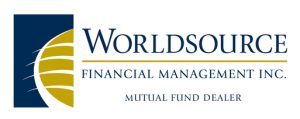 The information provided here is for general information purposes only and is based on the opinion of the owners and writers only, subject to change without notice. It is not intended to provide specific personalized advice including, without limitation, investment, financial, legal, accounting or tax advice. Every effort has been made to compile this material from reliable sources; however, no warranty can be made as to its accuracy or completeness. Before acting on any of the above, please contact your advisor for individual financial advice based on your personal circumstances.
The information provided here is for general information purposes only and is based on the opinion of the owners and writers only, subject to change without notice. It is not intended to provide specific personalized advice including, without limitation, investment, financial, legal, accounting or tax advice. Every effort has been made to compile this material from reliable sources; however, no warranty can be made as to its accuracy or completeness. Before acting on any of the above, please contact your advisor for individual financial advice based on your personal circumstances.